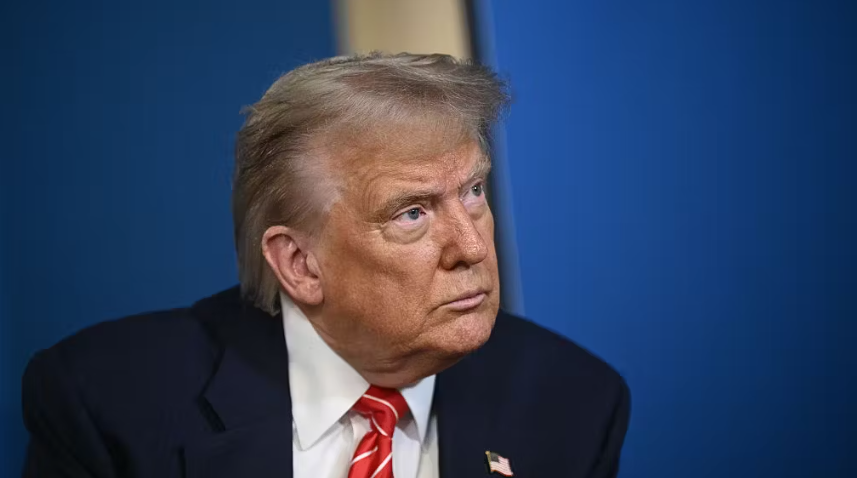White House Readies Executive Order To Crack Down On Politicized Debanking
President Donald Trump is preparing to sign a sweeping executive order aimed at combating politically motivated debanking by major financial institutions, following what sources describe as years of pressure from federal regulators to blacklist certain individuals and organizations for ideological reasons.
The forthcoming order targets what the administration is calling “politicized or unlawful debanking,” a practice that Trump himself faced after January 6, when major banks, including JPMorgan and Bank of America, reportedly terminated relationships with the then-former president and his companies.
According to banking executives familiar with the situation, regulatory agencies under President Joe Biden’s administration created an environment where doing business with Trump was considered a liability. One executive from JPMorgan described the atmosphere in early 2021 as one of regulatory intimidation, saying that federal overseers “put the fear of God in you if you did business” with Trump.
“Back in 2021, Trump was treated like a hot potato,” another financial insider said. “Regulators made it clear: cut him loose.”
Trump addressed the issue earlier this week, recounting how he was given a short window to withdraw tens of millions of dollars from JPMorgan. “The banks discriminated against me very badly,” Trump said. “They told the regulators, ‘Do everything you can to destroy Trump.’ And that’s what they did. And guess what? I’m president. How did that happen?”
The new executive order is expected to establish clear protections to prevent banks and regulatory agencies from targeting individuals based on political beliefs or affiliations. Industry insiders say the move will mark a turning point in the fight against regulatory overreach and ideologically driven financial discrimination.
In recent years, Republican lawmakers have sounded the alarm over how “reputational risk” assessments are being weaponized to shut down access to financial services for conservatives. In May, Senator Tim Scott (R-SC) led an effort in the Senate Banking Committee to introduce legislation that would eliminate reputational risk as a valid metric in evaluating the safety and soundness of financial institutions.
Supporters of the upcoming executive order argue that banks should be required to make decisions based on financial risk—not ideological pressure. A policy paper released last week by a conservative think tank echoed these sentiments, warning that federal regulators have been covertly pressuring banks to cut ties with politically disfavored clients.
The proposal recommends that Congress act to ensure that banking oversight is rooted in objective financial principles, not shifting political winds.
As the Trump administration prepares to roll out the executive order, officials are expected to consult closely with industry stakeholders and lawmakers. The move signals a clear shift toward accountability for regulators and financial institutions that use their authority to pursue political ends—and a warning to those who weaponize the banking system against their political opponents.



